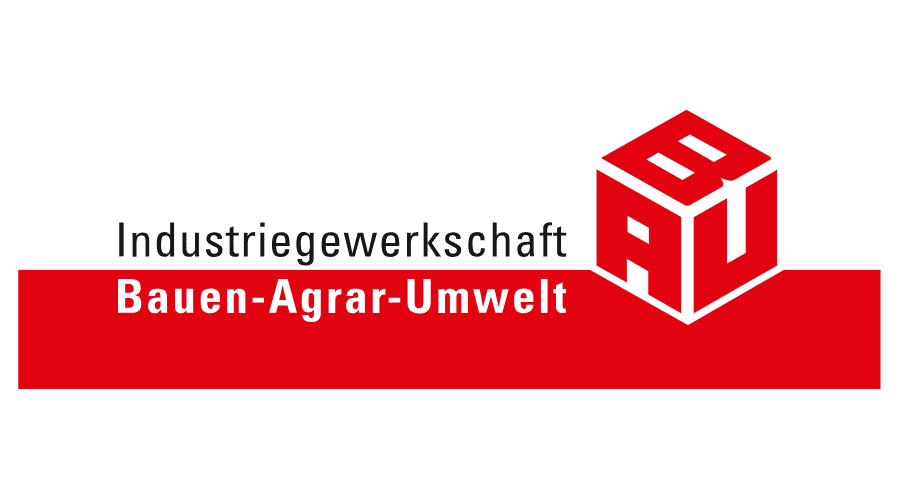IG BAU calls for climate protection and decent work in the cement industry
 BWI German affiliate, The Trade Union for Building, Forestry, Agriculture and the Environment (IG BAU) welcomes the commitment of global cement and building materials companies, such as HeidelbergCement and LafargeHolcim to reduce their carbon emissions. IG BAU said that this is especially important as globally, the cement industry produces around eight percent of total carbon emissions.
BWI German affiliate, The Trade Union for Building, Forestry, Agriculture and the Environment (IG BAU) welcomes the commitment of global cement and building materials companies, such as HeidelbergCement and LafargeHolcim to reduce their carbon emissions. IG BAU said that this is especially important as globally, the cement industry produces around eight percent of total carbon emissions.
“IG BAU supports the transformation towards a low-carbon economy and the achievement of the Paris climate protection goals”, said Carsten Burckhardt, Federal board member of IG BAU, who is responsible for the building materials industry.
“The companies bear a great deal of responsibility in this process for the employees and their families. Climate protection must not be a pretext to cut jobs, close plants or worsen working conditions”, continued Burckhardt.
IG BAU said that a sustainable corporate policy that promotes decent work and protects climate must not just be expressions of intention but should be comprehensive and controlled independently and at a global level. The union also believes that commitments to reduce carbon emissions should be more than words. IG BAU said that violations of climate protection regulations - for example, cases reported in India - are not only at the expense of the local employees and their families, but also affect jobs in Europe, including in Germany, in addition to contributing to global warming.
IG BAU encouraged companies in the cement sector to serve as a good example internationally. They have called for the transformation in the cement industry to be closely shaped by employers and unions in close collaboration with governments. Whilst climate protection measures should be implemented in all plants and operations worldwide, IG BAU demands that companies respect freedom of association worldwide, recognise and negotiate with unions and, together, promote both decent work and climate protection. The union stressed that when it comes to worker rights and working conditions, national unions, and their local structures are the most important points of contact.
